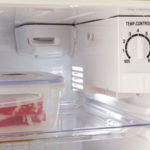Are you wondering why your electricity bills are skyrocketing? Let’s uncover the household appliances that are guzzling the most energy and contributing to those soaring costs.
1 Refrigerator
The refrigerator is constantly running, except during power outages. Even though it may not have a large capacity, it consumes the most electricity. A smaller fridge of around 150 liters will use up about 5kWh per day, while a larger one will consume approximately 6kWh daily.
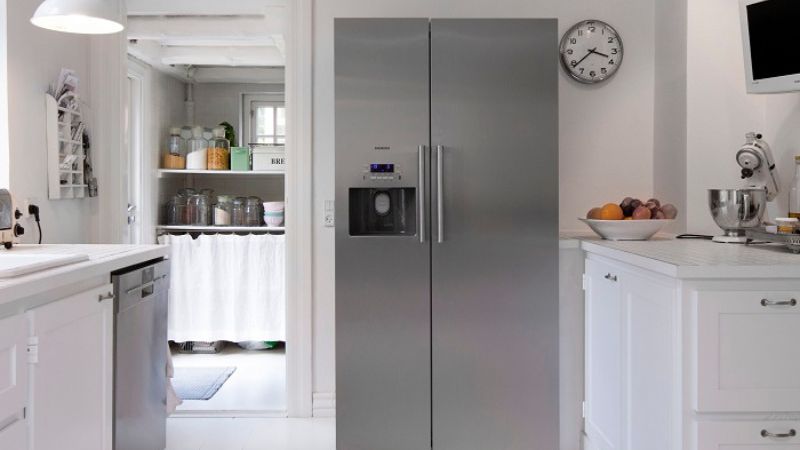 Refrigerator
Refrigerator
2 Air Cooler Fan
Air cooler fans are energy-intensive appliances. A large air cooler fan with a power output of 180W, used for about 10 hours a day, can consume roughly 1.8 units of electricity daily. Generally, these fans use two to three times more electricity than conventional fans, but they are still more energy-efficient than air conditioners.
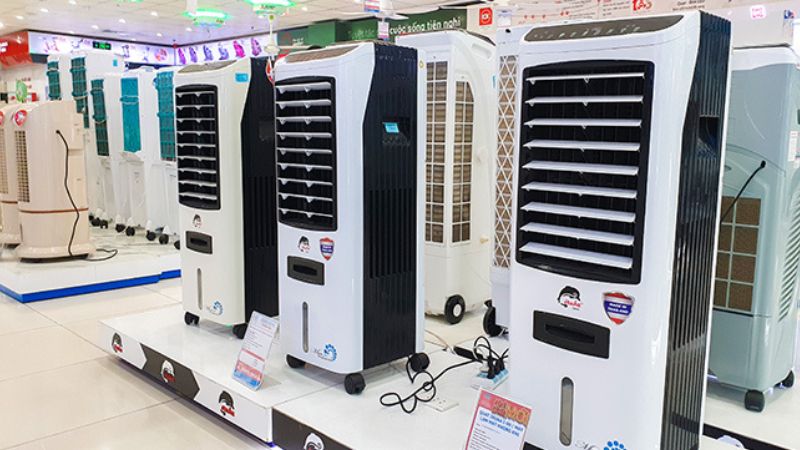 Air Cooler Fan
Air Cooler Fan
3 Desktop and Laptop Computers
On average, a desktop or laptop computer consumes around 96W of electricity per day. This figure can increase if you leave your device in sleep mode. Additionally, if you shut down your computer but leave it plugged in, it will still draw some power. So, remember to turn off the power source to save energy.
 Desktop and Laptop Computers
Desktop and Laptop Computers
4 Television
Televisions are notorious energy guzzlers. A 32-inch TV with a power output of 40W will use about 1kWh of electricity if left on continuously for 25 hours. Meanwhile, a 40-inch TV with a 65W power output will consume the same amount of electricity in approximately 15.4 hours of usage.
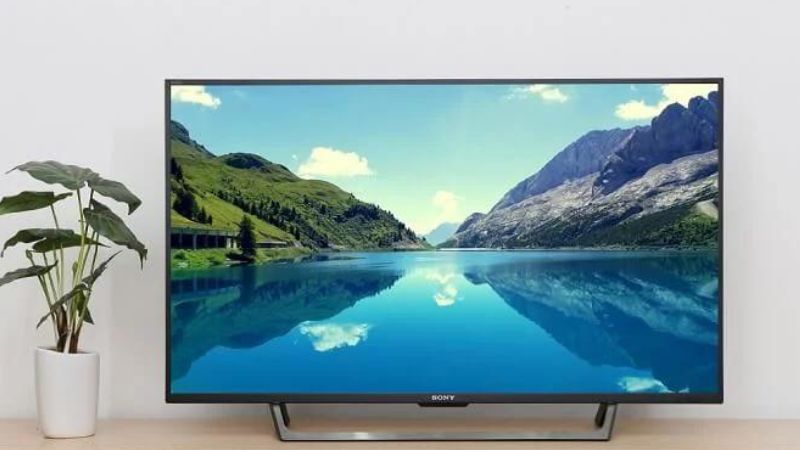 Television
Television
5 Electric Rice Cooker
An electric rice cooker with a capacity of 1.2 liters and a power output of 350-400W will use about 0.75kWh of electricity if used for two hours. Larger cookers consume more energy. Additionally, if you don’t clean your cooker regularly, it may conduct heat poorly, increasing cooking time and electricity consumption. So, remember to keep your cooker clean!
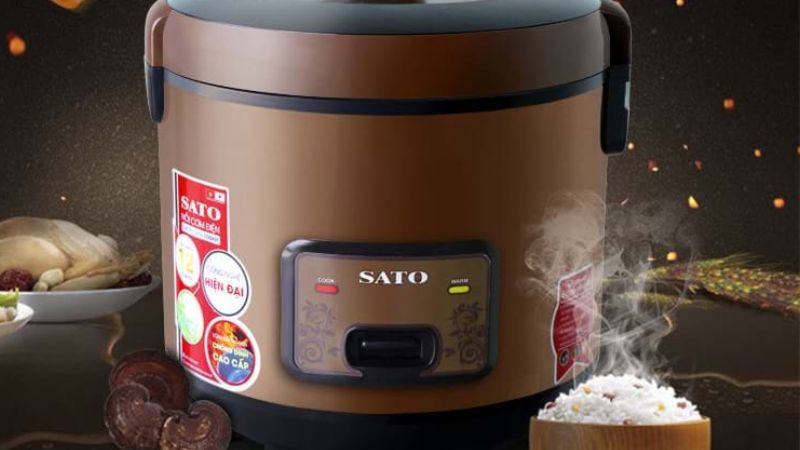 Electric Rice Cooker
Electric Rice Cooker
We hope this article has shed some light on the energy consumption of common household appliances. Let’s all do our part to conserve energy and keep those electricity bills in check!
Do You Need to Refrigerate Your Lotions, Masks, Toners, and Cosmetics?
Are you wondering if you should store your lotions, masks, toners and cosmetics in the refrigerator? Read on to find out the answer.
Is Refrigerated Leftovers Linked to an Increased Risk of Cancer?
Dr. Lam Van Man, Head of Research, Development and Technology Transfer Department of the Institute of Safety Food, has warned of the risk of food poisoning when reheating leftovers from the refrigerator. But what should we be aware of when it comes to the possibility of these leftovers causing cancer? Here, we explore what the experts have to say on the matter and offer some tips for safe eating.






























